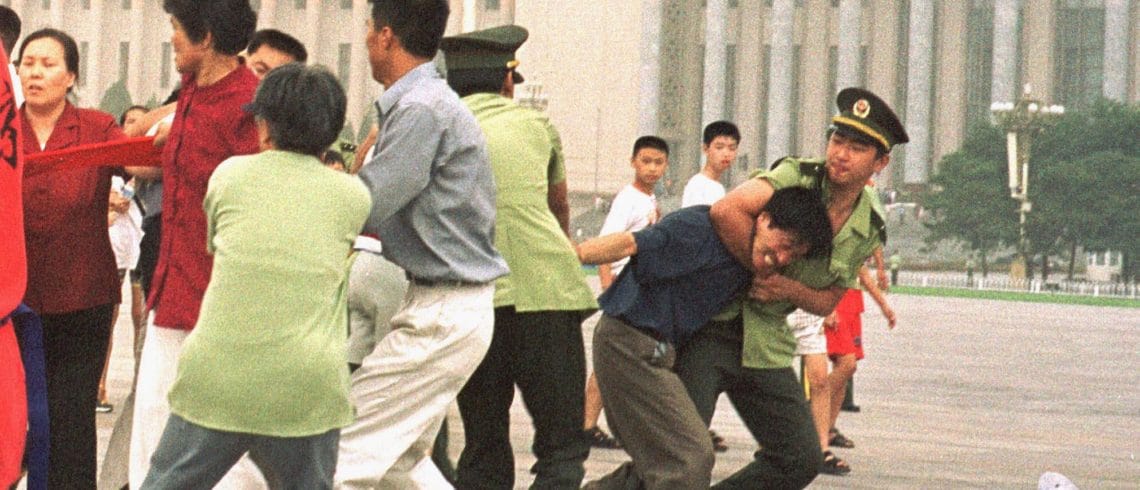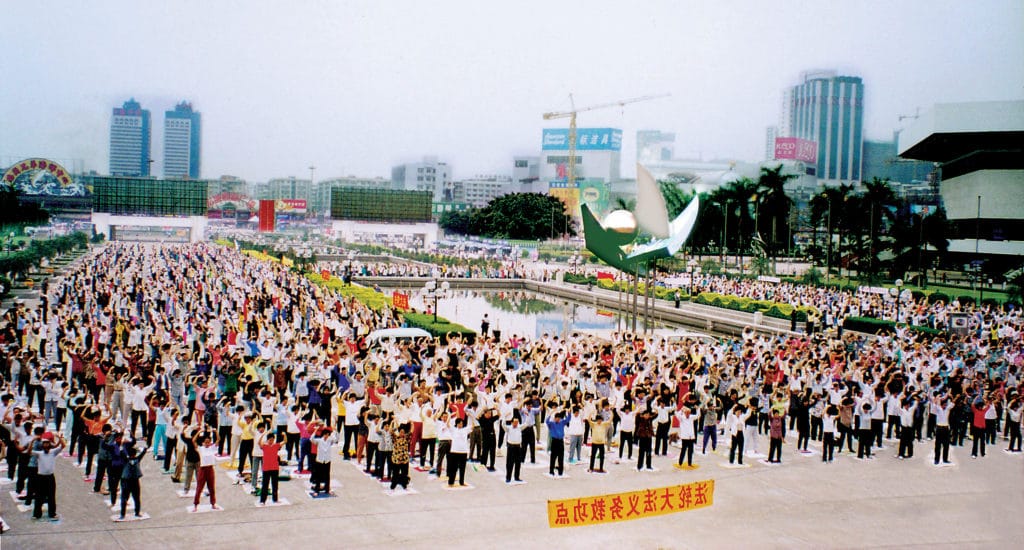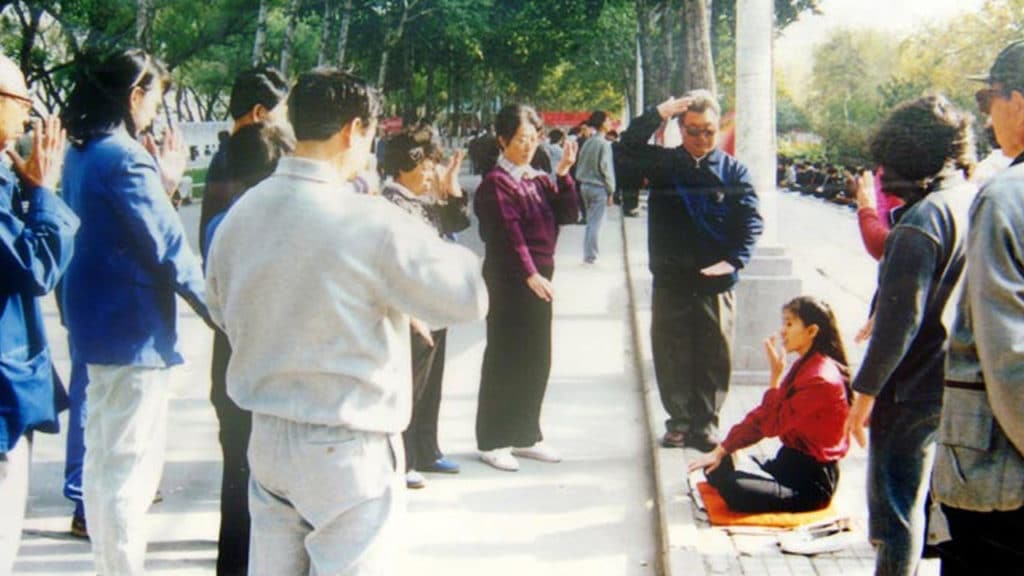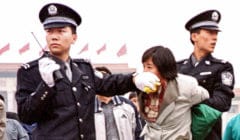
Why is Falun Gong persecuted in China?
Falun Gong was introduced to the public by Mr. Li Hongzhi in 1992 and became popular in China throughout the 1990s. By 1999, 70-100 million people had taken up the practice.
The core principles of Falun Gong, truthfulness, compassion, and tolerance, are rooted in traditional Chinese culture and resonated deeply with Chinese people across the country. Furthermore, news articles about practitioners’ kind and even heroic acts began popping up around the country.
So why, on July 20, 1999, did the regime begin to violently target Falun Gong?
There are three main reasons: The size of its following made communist leaders fearful of losing control of the people’s hearts and minds. Its guiding principles appeared incompatible with communist, atheist ideology, which the Party had forcibly imposed on the Chinese people during the Cultural Revolution. In addition, certain communist officials saw Falun Gong as an easy target and used its vilification as a tool for their own political advancement.
1. Widespread Popularity

Falun Gong became immensely popular in the 1990s.
A 1998 study conducted by China’s State Sports Commission estimates that over 70 million persons were practicing Falun Gong in China at that time. China’s own state-run T.V. aired a news program around the same time, in which the anchor tells the audience “over 100 million people are practicing Falun Gong.” That would mean, in a country of 1.3 billion (at that time), 1 and of every 13 people in the country were practicing Falun Gong.
Some CCP leaders viewed such large numbers as a threat, especially since these figures exceeded the 60 million members of the CCP.
2. Ideology, Outside Communist Control

Communism is an authoritarian ideology, an “all or nothing” proposition. Its goal is to control all aspects of public and private life, including religion and spirituality. In China, churches, temples, and even health practices are allowed to operate only under the control of the CCP, but Falun Gong operates independently of communist thought and control. Some CCP leaders could not tolerate such independence.
The vast difference between Falun Gong’s tenets and the CCP’s ideology, which is officially atheist and Marxist, was another factor some in the upper echelons of the CCP could not tolerate. Falun Gong conveys belief in the existence of Buddhas, Daos, and gods and the conviction that anyone can reach a divine realm through self-refinement. Thus, some Party leaders saw Falun Gong as being in conflict with Party ideology. They also feared that Falun Gong’s strong moral code undermined the Party’s violent, Leninist tactics for controlling society.
3. One Man’s Political Motivations
Then-CCP leader Jiang Zemin personally launched, planned, and executed control over the campaign to eliminate Falun Gong, even though members of the politburo advised him not to do so.
According to the Washington Post, “The crackdown [against Falun Gong] was undertaken to demonstrate and solidify the power of the Chinese leadership … Communist Party sources said that the standing committee of the Politburo did not unanimously endorse the crackdown and that President Jiang Zemin alone decided that Falun Gong must be eliminated.”
Citing a Party official, the same story noted that, “This obviously is very personal for Jiang.”
By all accounts, Jiang was incensed by Falun Gong’s immense popularity and saw it as undercutting his own legacy. He expected to eradicate the practice within three months after the start of his campaign.
However, Jiang also saw an opportunity to boost his authority, China experts say.
By painting Falun Gong as an enemy of the state, Jiang hoped to mobilize the country into a struggle, with himself at the helm, and thereby consolidate power. In a July 2000 article, then-CNN senior China analyst Willy Lam wrote that Jiang “seems to be using the mass movement to promote allegiance to himself.”



